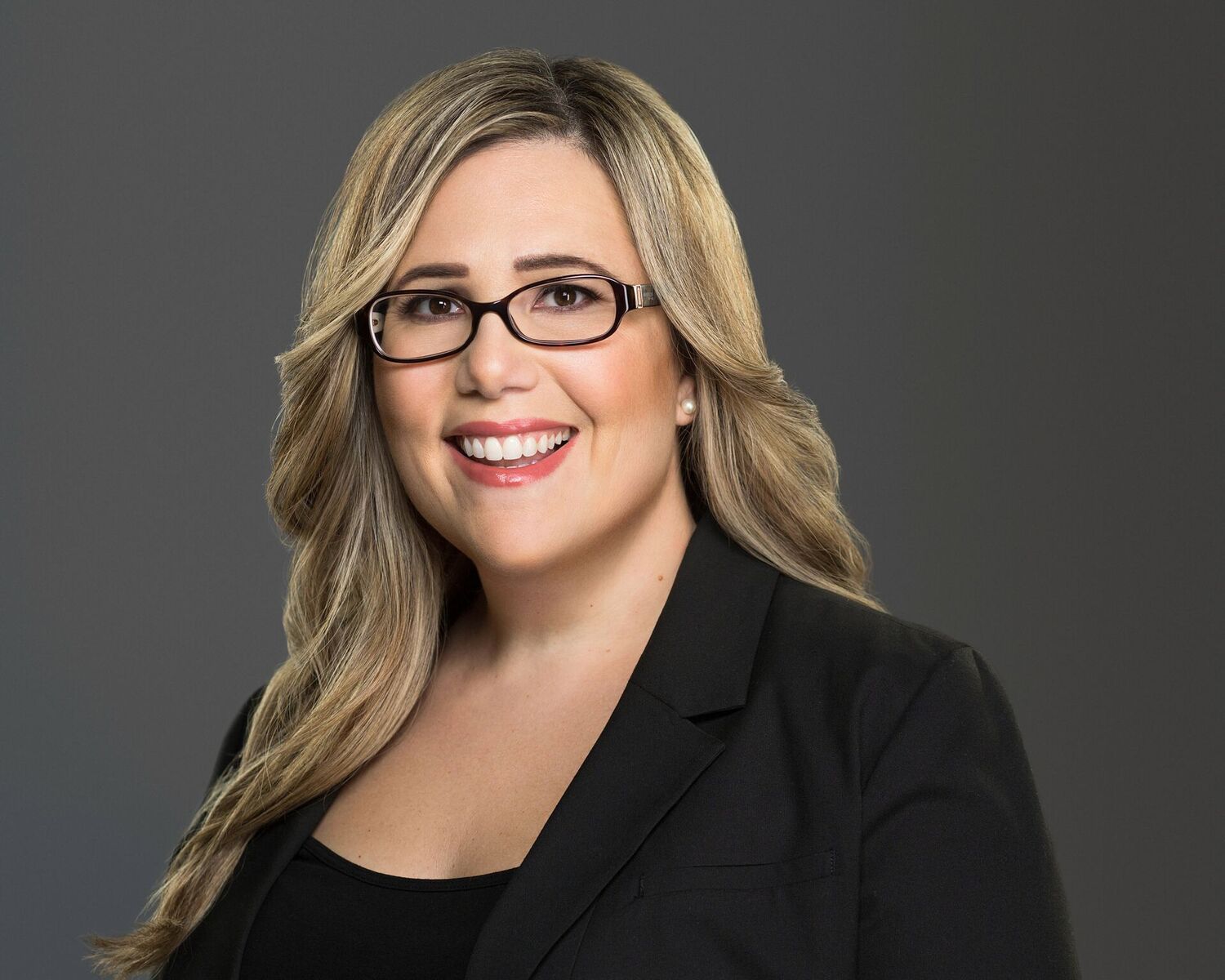According to U.S. News and World Report, 80 percent of New Year’s resolutions fail by the second week of February. The rationale behind this is that you can’t materialize your goals if you don’t change your mindset.
If you read any self-help book (and I’ve read a lot of them), the focus is always on channeling positive energy and positive vibes to fuel your mindset. Most of us start out strong in the new year. We resolve to get fit, get healthy, and change our bad habits that we slacked off on in the prior year. We usually create lofty goals that entail big results with big changes. Perhaps your goals look like this: lose 50 lbs by eating keto and going to the gym five times a week, save $10,000 for retirement, and stop attending all Friday night happy hours. The problem stems from selecting goals that require a complete 180 from what we are accustomed to doing. If you have never stepped foot in a gym and you eat carbs at every meal, switching to a keto diet and committing to working out five times a week might be an unrealistic change. An “all or nothing” mentality works for very few people when it comes to resolutions.
It’s important to take small steps first that focus on changing behaviors slowly and steadily, such as, I won’t go back for second helpings at dinner and I will go walking at least two nights a week. Or, I will only go to one Friday night happy hour a month and allow myself two margaritas instead of four. Those are small changes that can help build upon stronger willpower and prevent you from sabotaging important goals you set for yourself. Rather than full restriction, you are making small changes that will lead to bigger results in the end.
This begs the question: What about taking your greatest accomplishments from this year, and pivoting them in the new year to help you reach new goals?
Everyone has a different perspective when it comes to defining an accomplishment. For one person, the greatest accomplishment can be his or her promotion from senior associate to equity partner at a law firm, whereas another person’s greatest accomplishment can encompass running the New York City Marathon, the largest marathon in the world. Making a list of your greatest accomplishments can help you actualize more accomplishments and help you to create even bigger goals. It can also help you identify what you consider to be an accomplishment, and help you craft your personal brand through unique storytelling.
When the end of a calendar year strikes, I find myself charting my goals for the new year, but I keep in mind what my three greatest accomplishments were the year before. It helps me to not only plan ahead for bigger and better, but it also enables me to reflect on the incredible things I’ve achieved and what I’m proud of for conquering. If we think about it, New Year’s resolutions often take the mold of things we need to “resolve” or change in the upcoming year. We often see resolutions as things we need to do because we have failed to achieve something in the prior year. For a very long time as a practicing lawyer, I found myself constantly in a lull of things I needed to change for the new year. Most of the time it centered around becoming financially secure, finding a job I liked, and losing weight. While those seemed like positive changes, my focus was solely on the negative aspects of what I had failed to achieve that year rather than on the positive things I accomplished.
When I left practicing law several years ago and leaped into entrepreneurship, I shifted my mindset from making resolutions to reflecting on my greatest accomplishments from that past year. In turn, I categorized each year as a stepping stone to achieving new and potentially bigger goals for the upcoming year. Running two marathons (New York City and Chicago) were the catalysts that led me to pursue my dreams of being a full-time writer and leaving the practice of law, and I have continued to use these accomplishments as part of my story. Similarly, if you begin to think of your accomplishments as the chapters in the story of your career and personal growth, you will begin to weave them throughout interviews, meetings, and even your personal brand.
Channeling a positive mindset through your greatest accomplishments can help you evolve into a better version of yourself in the new year. Today is the perfect day to take inventory of that list.
Follow us here and subscribe here for all the latest news on how you can keep Thriving.
Stay up to date or catch-up on all our podcasts with Arianna Huffington here.


